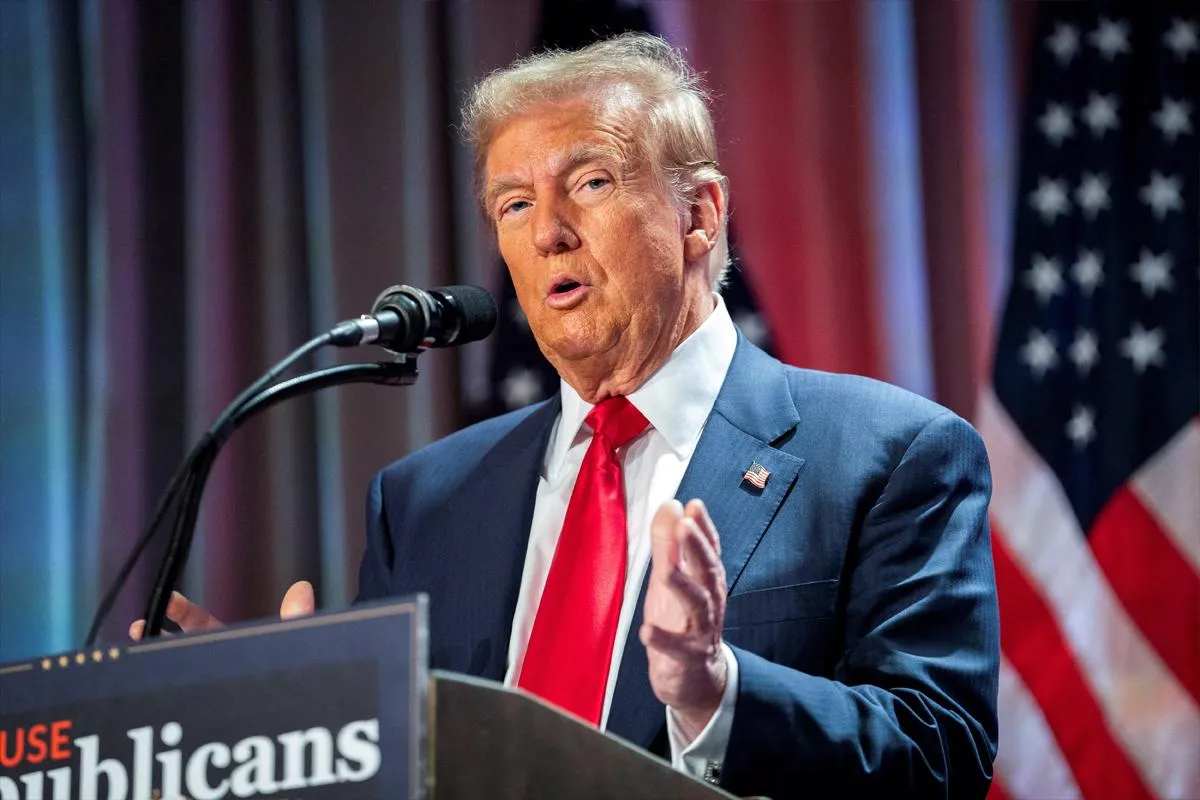
External Revenue Service: A New Approach to Taxation
In a significant policy shift, President-elect Donald Trump has announced the establishment of the External Revenue Service (ERS), a new agency tasked with collecting revenue from foreign sources, including tariffs and trade-related fees. This move aims to reduce the reliance on the Internal Revenue Service (IRS) for domestic tax collection and to ensure that foreign nations contribute more substantially to the U.S. economy.

The Rationale Behind the ERS
President-elect Trump emphasized that for too long, American taxpayers have shouldered the financial burden of government expenditures. By focusing on foreign-sourced revenue, the ERS seeks to alleviate this burden and promote fair trade practices. The initiative is designed to charge foreign nations for trade with the U.S., ensuring they pay their "fair share" and contribute to the nation's financial well-being.
Key Components of the ERS Initiative
Implementation of Tariffs: The ERS will oversee the collection of tariffs on imports from countries that do not comply with U.S. immigration policies. Targeted nations include Mexico, Canada, and China. These tariffs are intended to incentivize compliance with U.S. policies and to generate additional revenue.
Elimination of Federal Income Taxes: In conjunction with the ERS's establishment, President-elect Trump has proposed eliminating federal income taxes. The anticipated increase in tariff revenue is expected to offset the loss of income tax revenue, aiming to maintain government funding without burdening domestic taxpayers.
Potential Challenges and Considerations
While the concept of shifting tax collection to foreign sources has garnered support from certain economic experts, it also faces criticism. Some argue that increased tariffs could lead to higher consumer prices and potential trade disputes. Additionally, the practical implementation of the ERS may require significant legislative changes and could encounter resistance from Congress.
Conclusion
The creation of the External Revenue Service represents a bold step in reimagining the U.S. tax system. By focusing on foreign-sourced revenue, the initiative seeks to reduce the tax burden on American citizens and promote fair trade practices. As the ERS is developed and implemented, it will be crucial to monitor its impact on the economy and its effectiveness in achieving the stated objectives.
